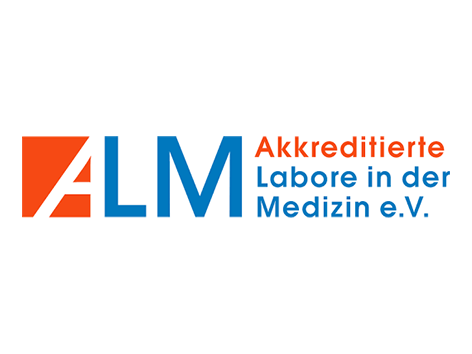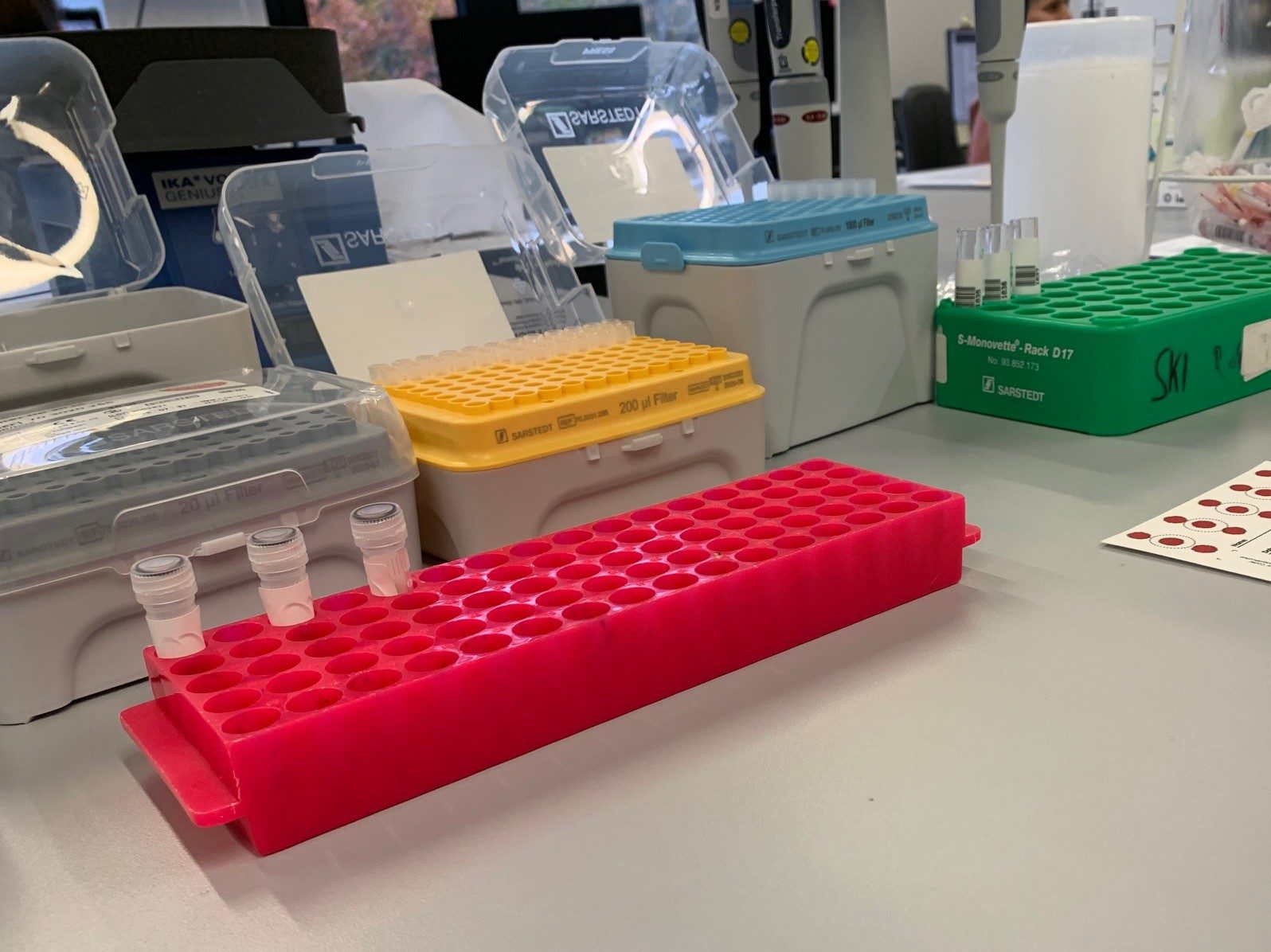A surfboard made from recycled laboratory plastic? Really? There’s no such thing as can’t! “Three years ago now,” says Katja Strunck, Head of Facility Management at Labor Berlin, “we received an inquiry from Merijaan.” This Berlin start-up produces new products from used plastic. “They quite rightly assumed that we must produce an incredible amount of plastic waste,” continues Katja Strunck, “And yes – we produce so much plastic waste every year that it made perfect sense to find a new way of recycling waste with innovative recycling ideas. So the request from Merijaan came at just the right time.”

When we met, the atmosphere was great: “We knew immediately that it was a good fit! It actually fits really well!” When the Merijaan experts then pulled the laboratory’s waste garbage cans from left to right to find the right plastic for their purposes, it turned out that the start-up was after the boxes in which the pipette tips are packaged. Firstly, it has the necessary hardness and secondly, these boxes come in all kinds of colors.
A workshop was held to discuss how the plastic boxes could be optimally recycled and what upcycling options were available; the result: soap dishes, rulers, snap hooks – and above all a completely recycled surfboard. “That’s what really interests young people these days,” says Katja Strunck. The idea of sustainability is simply a huge argument. And we want to support that too.”
And so, two years ago, additional waste garbage cans were placed in the laboratories, in which only pipette tip boxes made of hard plastic end up. “And with great discipline,” Katja Strunck assures us, “because our employees think the project is great.” 100 to 110 kilos of this plastic alone are collected every month, which are shipped to Merijaan in bags through Berlin.

“This,” says Katja Strunck, “is now an integral part of our waste management. And, of course, this will not be the only measure we take to promote sustainability.” With this in mind, Labor Berlin recently switched to recycled waste garbage cans – especially for so-called C-waste, which has to be incinerated directly together with the garbage can. “We collect around 5,000 C-waste containers every year,” estimates Katja Strunck, “and with our disposal company, we have now switched to a recycled product so that the plastic has been reused at least once.” Also already implemented: Labor Berlin sends cardboard boxes and polystyrene crates in which laboratory materials are delivered back to the suppliers.
And a completely new idea being considered together with Merijaan: recycling the countless bags in which blood and tissue samples arrive at the laboratory and which are all disposed of. “That’s an unimaginable amount,” says Katja Strunck, which may soon be used to make test tube stands, for example – or merchandising items such as sandwich boards.

The interview with Katja Strunck and other examples of sustainability projects in laboratories appeared in the Accredited Laboratories in Medicine e.V. newsletter.


